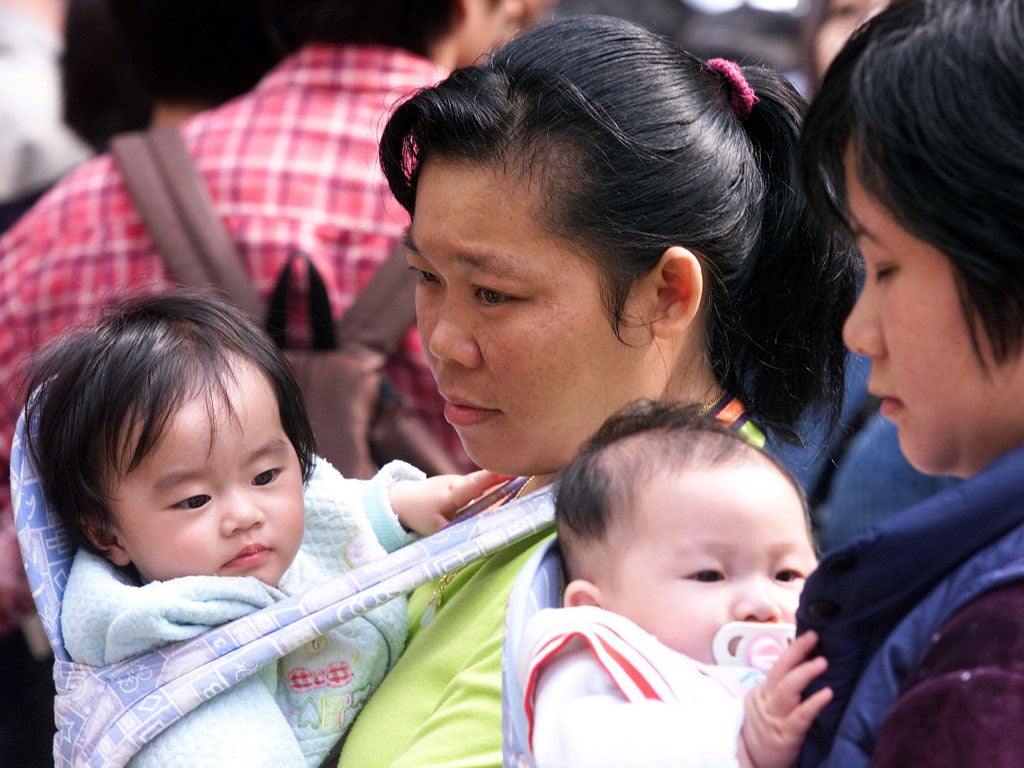
Your support helps us to tell the story
From reproductive rights to climate change to Big Tech, The Independent is on the ground when the story is developing. Whether it's investigating the financials of Elon Musk's pro-Trump PAC or producing our latest documentary, 'The A Word', which shines a light on the American women fighting for reproductive rights, we know how important it is to parse out the facts from the messaging.
At such a critical moment in US history, we need reporters on the ground. Your donation allows us to keep sending journalists to speak to both sides of the story.
The Independent is trusted by Americans across the entire political spectrum. And unlike many other quality news outlets, we choose not to lock Americans out of our reporting and analysis with paywalls. We believe quality journalism should be available to everyone, paid for by those who can afford it.
Your support makes all the difference.Meet Fanny Sit. Or Devil Law. And have you heard of Ice Wong, who was arrested last year on drug charges?
According to Joyce Man, writing in Atlantic, bizarre English words are all the rage as first names for babies born in Hong Kong. But why?
The practice goes back to colonial times. "There was a period when it seemed desirable or prestigious to have an English name," said Stephen Matthews, an associate professor of the linguistics department at the University of Hong Kong's school of humanities. "Businessmen would take on English names as a mark of sophistication or to show they did business with foreigners."
But the significance of English language names has evolved over time, says Stephen Matthews, a linguistics professor at the University of Hong Kong."It started as an inadequate knowledge of English, but if you see an unusual name today, it's because [Hong Kongers] are taking charge of their own language, not because their language abilities are not good," Matthews said. "People feel they can do what they want with English. If you tell Decemb or Februar that theirs are not English names, they'll say, 'I don't care, it belongs to me.' In a way, they're asserting their Hong Kong identity... [The English language in Hong Kong] is no longer a symbol of British influence, but part of people's identity."
Here are some of the best from the HKSAR Name of the Day blog:
Koala Cheng
Moses Chan
Magnum
John Baptist
Bunny
Uriah
Whale
Join our commenting forum
Join thought-provoking conversations, follow other Independent readers and see their replies
Comments